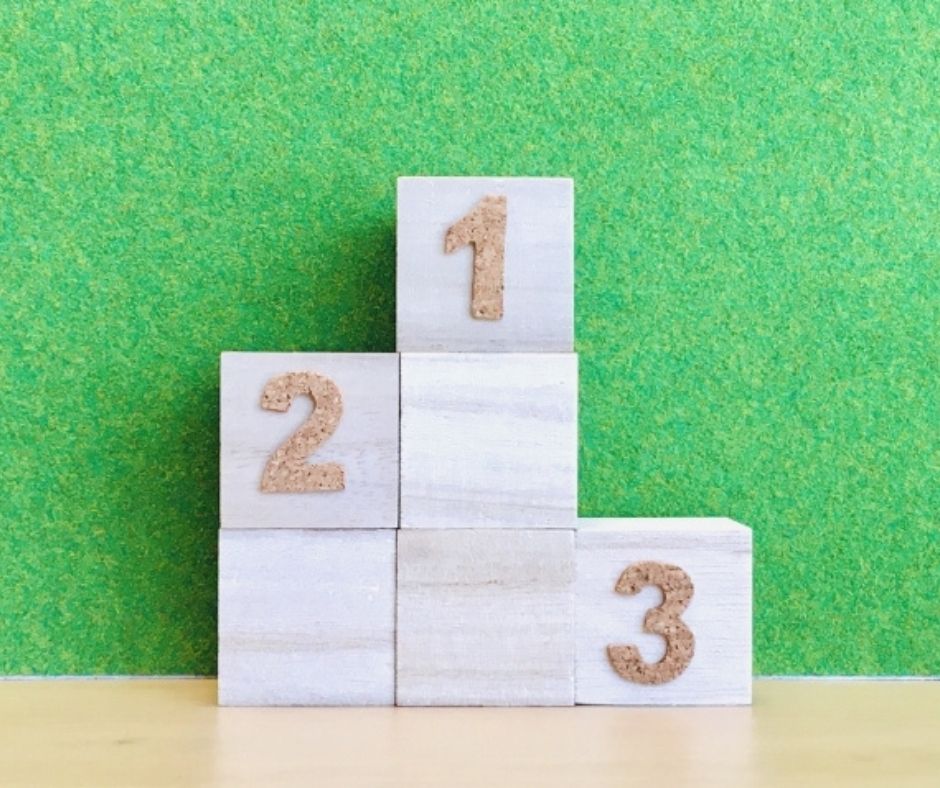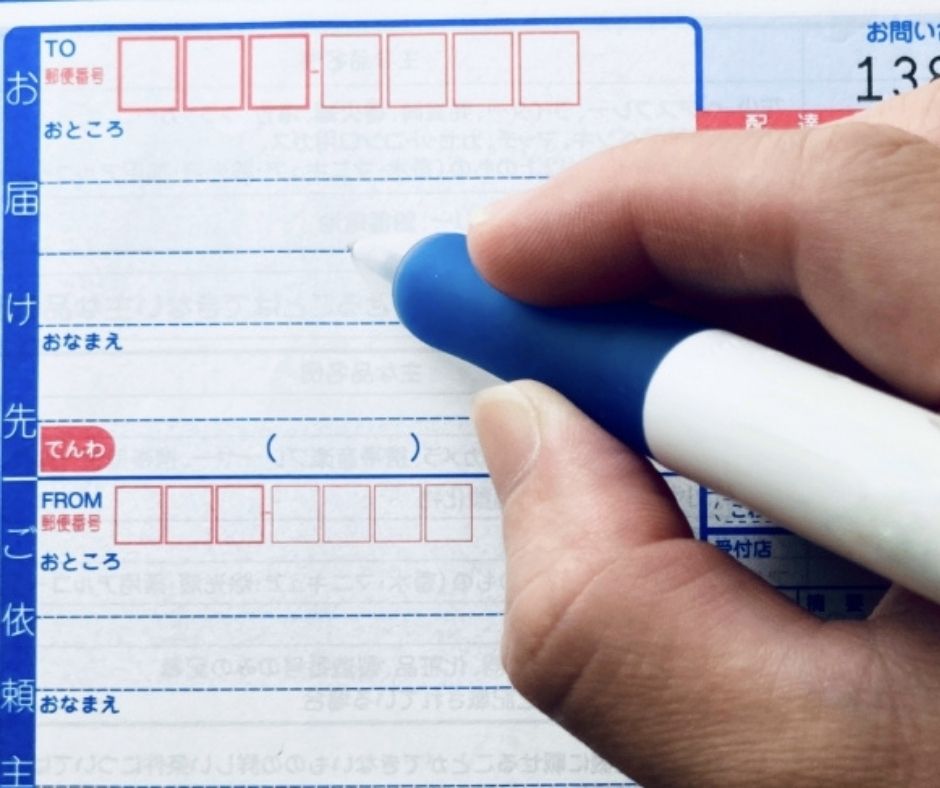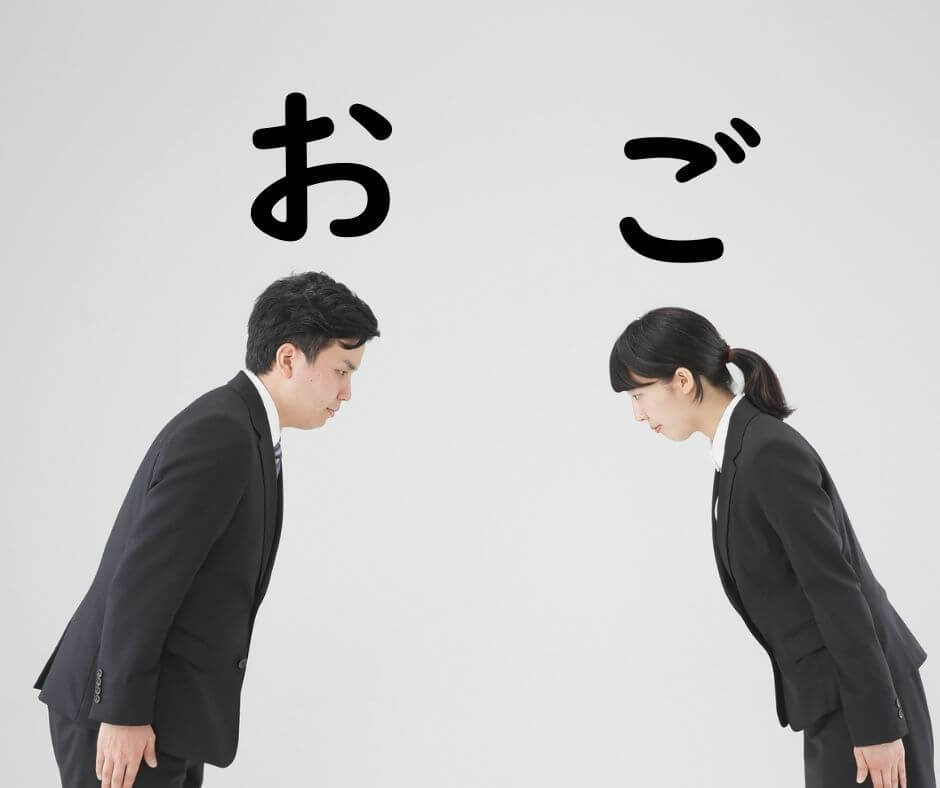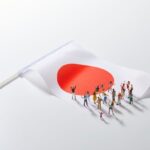January 26, 2026
No Comments
How to Use の: One Particle, Many Meanings
Learn how to use Noun1 の Noun2 in Japanese to express possession and description, understand word order rules, and see clear beginner-friendly examples.
Read MoreJanuary 23, 2026
No Comments
The Suffix 〜目: Order and Sequence Made Simple
Learn how the Japanese suffix ~目 (め) shows order and sequence, with clear explanations, examples, and tips to use first, second, and more naturally.
Read MoreJanuary 21, 2026
No Comments
Good Luck in Japanese: How to Encourage Others
Learn how Japanese people say “good luck,” from 頑張って to 応援しています, with cultural tips and examples to help you sound natural in real situations.
Read MoreJanuary 19, 2026
No Comments
Practical Guide to the Japanese Address System
Learn the Japanese address system: what each part means, how to read and write addresses, and key terms like 宛名, 宛先, and 送り主.
Read MoreJanuary 13, 2026
No Comments
Stop Confusing お〜 and ご〜: Simple Rules for Japanese Honorific Prefixes
Learn the difference between お〜 and ご〜 honorific prefixes in Japanese, with simple rules, common examples, exceptions, and polite phrases you can use naturally.
Read MoreJanuary 10, 2026
No Comments
Did You Know? Powerful Ways to Say “Help” in Japanese
Learn how to say “to help” in Japanese with clear examples of 手伝う, 助ける, 手を貸す, and more, and understand the nuance behind each word.
Read More









